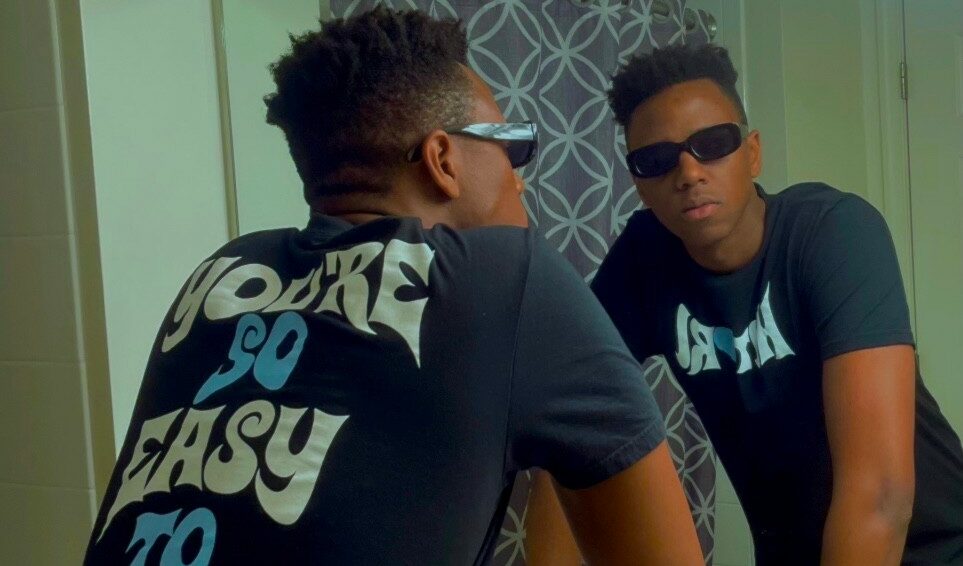 Today we’d like to introduce you to Hitori.
Today we’d like to introduce you to Hitori.
Hitori, we appreciate you taking the time to share your story with us today. Where does your story begin?
From its inception, my musical journey has been beautifully organic. My story began in high school, shortly after my best friend, SappySaveMe, began producing beats. Whenever he played me a new beat, I would try my hand at freestyling and making melodies to his creations.
The joy of artistic expression infected both of us as we discovered that we had a spark of talent to match our new musical passions. Those patchworked songs of my early days contained the earnest effort of a child learning a new language; and despite being a low-quality product, this collection of early music formed the necessary foundation for my catalog today.
Fast forward to college. I began observing the studio sessions of artists I loved, researching the ways that they approached recording their songs – breath control techniques, vocal patterns, timing, and enunciation. I had access to a higher-quality microphone through the university’s recording studio and began reserving two-hour time slots, recording the same few songs over and over until I felt that they were perfected.
In 2019, I released my first single, One Task, on SoundCloud. The feeling of playing that song in a car full of my friends who, at the time, had no idea I made music was a huge leap for me.
In contrast to my normally overconfident nature, I became vulnerable for those few minutes, taking in both the praise and constructive criticism that came from that initial listening session. I immediately became obsessed with creating art that my listeners could resonate with.
After dropping a song here or there on SoundCloud once every few months, and seeing my streams modestly grow, I sat down with a college friend, and fellow artist, Jamie Kaz who changed my musical life forever.
He explained the basics of uploading music to Apple Music and Spotify, which is where ninety percent or more of our college-aged peer’s stream, and download their songs. I decided to save posting my music on these larger platforms until my first big project, my debut album, Rick’s Tape.
Rick’s Tape is the perfect expression of the imperfections that took place at that time in my life. The album is boastful yet shy, dismissive yet caring, and gave the world two of my catchiest songs to date, Philippines and No Release which contains a feature from the man I started it all with, SappySaveMe.
This album catapulted my relative popularity as an artist on campus; solidifying my aptitude for capturing a cohesive set of ideas rather than a collection of strung-out singles.
My second album, aptly named II, is a cinematic encapsulation of my fantastical imagination. What’s real? What’s made up? Breathy tones, exaggerated reverb, and angelic ad-libs were purposefully placed together to form my sound on this album.
The beats provided by SappySaveMe and my first collaboration with Kingshal, who produced my most streamed song and opener to the album, Funeral. I could not be more proud of the way II matched the sound of my singing voice in my head.
The songs on the album gained traction and began making their rounds between artists and producers alike; earning me new opportunities for collaboration in the musical arena. On the horizon remains Twin Titans, a collaboration album between myself and Jamie Kaz that is executively produced by Kingshal.
The album bends genres, and I am excited to see how it is received. Once this work is complete, the next step is already planned.
Látom.
Alright, so let’s dig a little deeper into the story – has it been an easy path overall, and if not, what were the challenges you’ve had to overcome?
The pathway to success is riddled with the pain of rejection, the fear of uncertainty, and the constant anxiousness of anticipated reception.
In its purest form, music is supposed to be made for one’s self to create and enjoy the work that was labored upon. However, once I found my sound, the initial joy of creating something I thought was beautiful was met with abject rejection from some of my closest friends.
The doubt, while well-meaning, felt shunning at the time. I began questioning my art and ultimately if I should even pursue it if people refused to listen. The learning curve of making music is mountainous, but what I began to realize along the way is that I failed to consider my listener’s point of view in approaching my music.
After a period of reflection, I noticed that my music’s complex pattern schemes and fleeting ideas that I released on an app that most of my friends did not even have were the reasoning behind my low numbers.
I restructured my approach to music while staying true to my sound. Regrettably, I still retain the names of my doubters in my head and work to prove them wrong every time I turn on my mic.
My successes far outweigh my failures, and I can see the fruits of my toil in my rising streaming numbers and the sold-out Hitori merch that is worn proudly by my loyal supporters in all corners of the United States.
As you know, we’re big fans of you and your work. For our readers who might not be as familiar what can you tell them about what you do?
I am a musical artist that specializes in the rap and R&B genres.
Since the start of my musical career in 2018, I have released three albums – Rick’s Tape, II, and Twin Titans, as well as a medley of singles that can be found on Apple Music, Spotify, and SoundCloud. My music is an extension of my ever-fervent brain which exists in a world that straddles fantasy and lived experiences that sound too mystical to be true.
Music was my first love and can oftentimes be my largest frustration. I obsess over delivering sonic experiences that drive emotions in my listeners and have been known to re-record a two-syllable word over forty minutes just to get the voice inflections right.
I specialize in songs that transport my listeners to a new space that they may never have encountered, and force them to ask – “Is he lying or did he experience this?”
Through my music, I have discovered a hidden passion for designing merchandise. Aside from being featured in the popular musical publication Lyrical Lemonade for my album II, my greatest pride resides in designing artist merch that is aesthetically clean and eye-catching.
Receiving compliments and orders for designs I made from scratch reinforces my creative desire to produce items whose beauty to me is shared by others and can even be enjoyed by those who have never listened to my songs.
I am unique down to my name. The choice of my moniker, Hitori, which translates to ‘alone’ or ‘one-man’ in Japanese, was made to ensure that my art stands on its own in an ever-growing sea of artists. My sound cannot be duplicated and I will never be seen replicating another artist’s style.
My airy tones and crafted pattern changes within songs set me apart from other artists that your readers may be familiar with. I pride myself on being a new and better artist on each album, and creating a sound, unlike anything my listeners have heard before.
Do you have any advice for those just starting out?
My advice to individuals that are just starting out in the music industry is twofold.
First, I advise new artists to remain true to their personal roadmap, and second, I remind them that growth is impossible without adopting an adaptable mindset. These two truths are the reason for my continued perseverance, and allow me to look optimistically at my future as an artist.
For me, my roadmap consisted of achieving my ‘idealized sound’ and eventually having hundreds of people streaming my music. As cliché as it may sound, I continuously reminded myself that we all start somewhere, and by setting successive small goals, I could feel positive reinforcement on the way to my dreams of growing popularity.
In being one’s own most strenuous critic, the true beauty of one’s musical capability can be unlocked. I listen to my songs dozens of times before they are released, tweaking subtleties that the listener may not notice, but to me, those corrections make a world of difference in the final product.
While possessing a perfectionist mindset can lead to madness on the part of an artist, coming close to one’s ‘ideal sound’ will produce the best listener experience possible. I strive to connect with my audience’s emotions and experiences each time I hit record.
Adaptability is necessary to achieving growth as an artist. I wish I knew how skewed my view of creating and disseminating music was when I first began. I thought it was as easy as tossing a song on Soundcloud and then having that song go viral automatically through a lucky draw of the app’s algorithms. Rather, there is an immense amount of personal input and assistance from outside parties that go into making a hit.
To become successful in this space, you must reach audiences where they are at; meaning posting one’s music on the major streaming platforms of Spotify, Apple Music, and YouTube.
Your job is not done there. After the music is put out into the world, take to social media, personal networks, music publications, and promotional advisors to take your popularity to the next level.
Musicians never stop learning, and by taking advice from seasoned artists, engineers, and producers, your career in the music industry will skyrocket.
Contact Info:
- Website: tinyurl.com/g50k7uud
- Instagram: https://www.instagram.com/hpkhitori/
- Yelp: https://music.apple.com/us/artist/hitori/964056367
- SoundCloud: https://soundcloud.com/user-482500407
- Other: https://open.spotify.com/artist/4Ls2bAOc5BPJg2TH2ySeoN
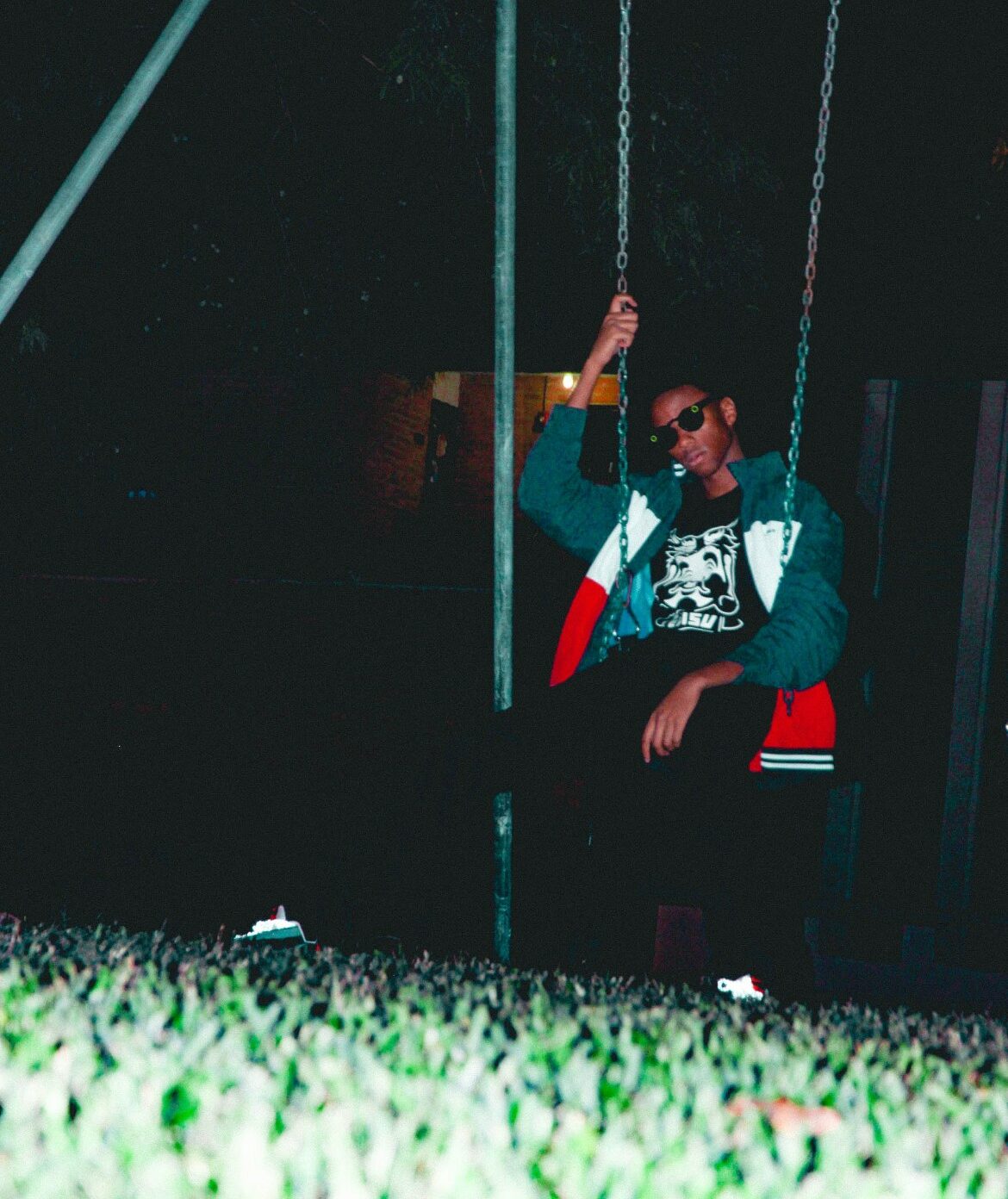
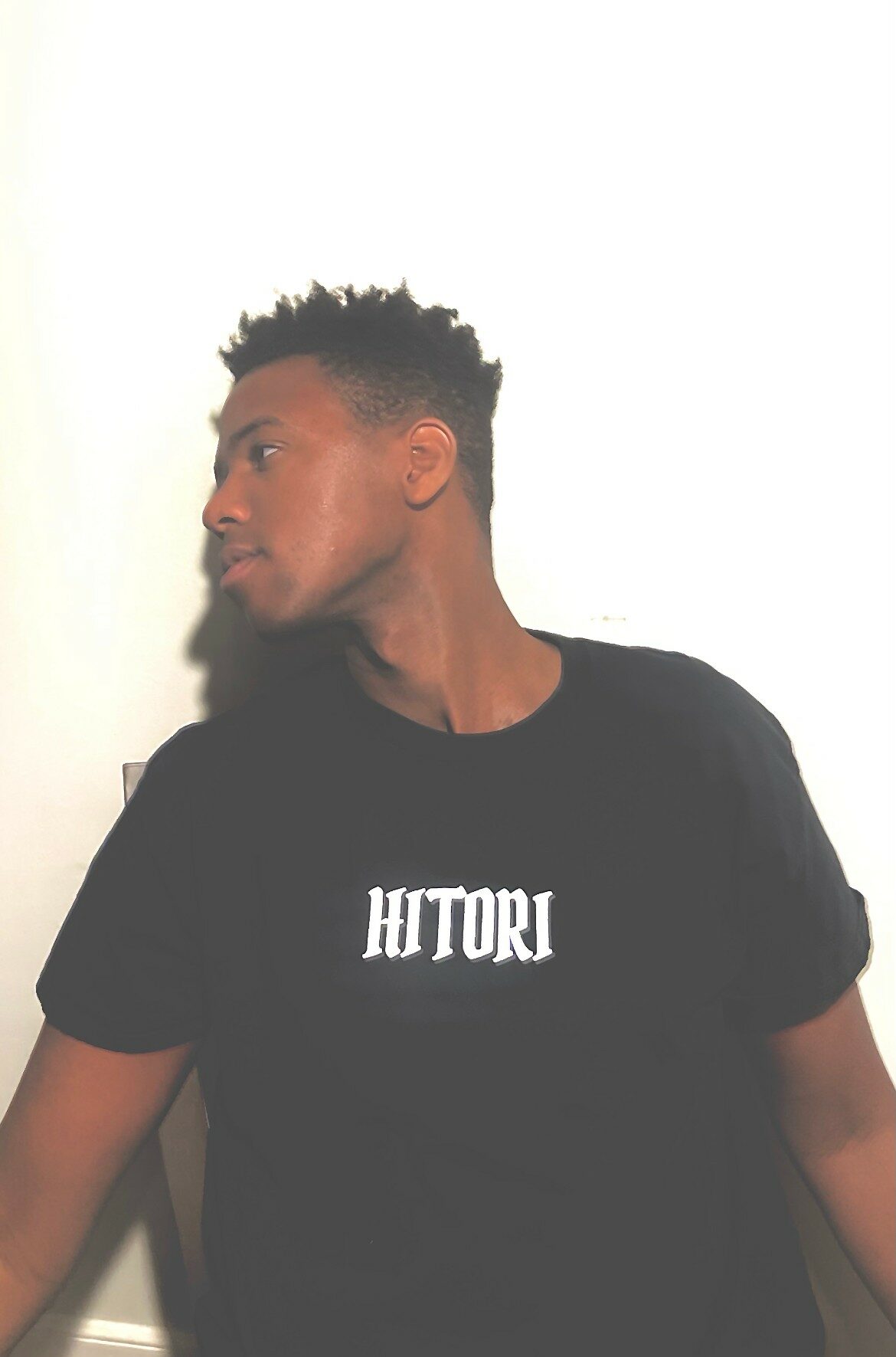
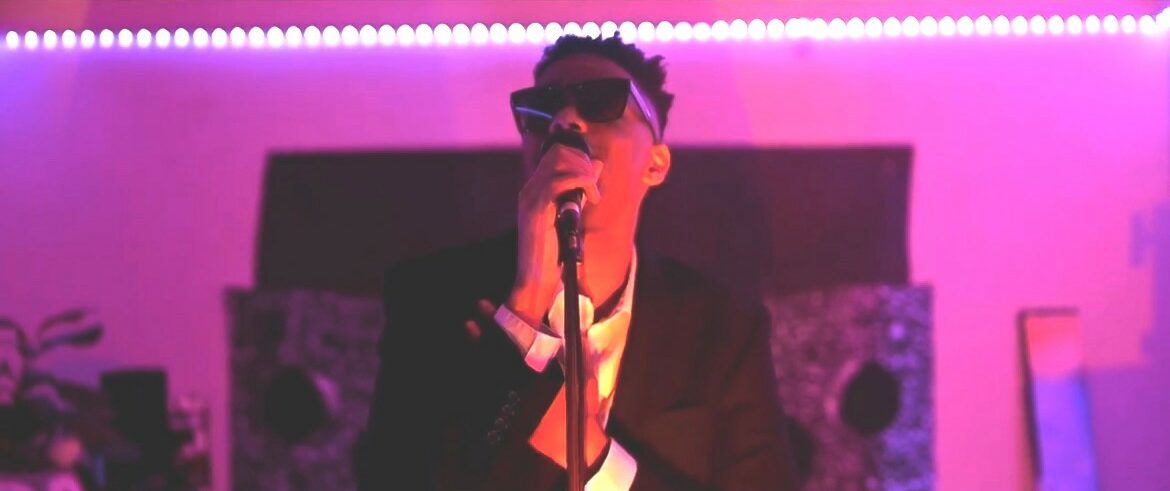
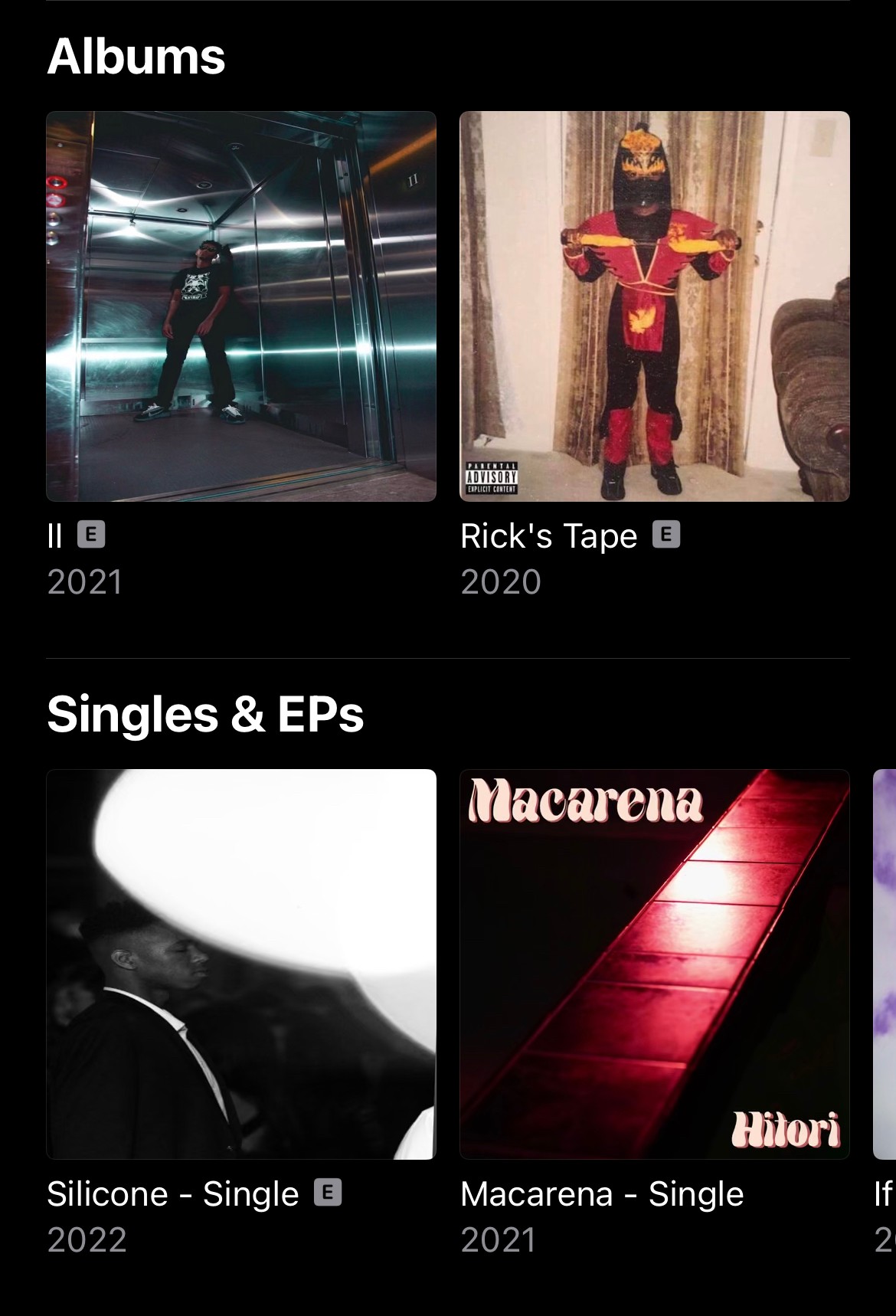
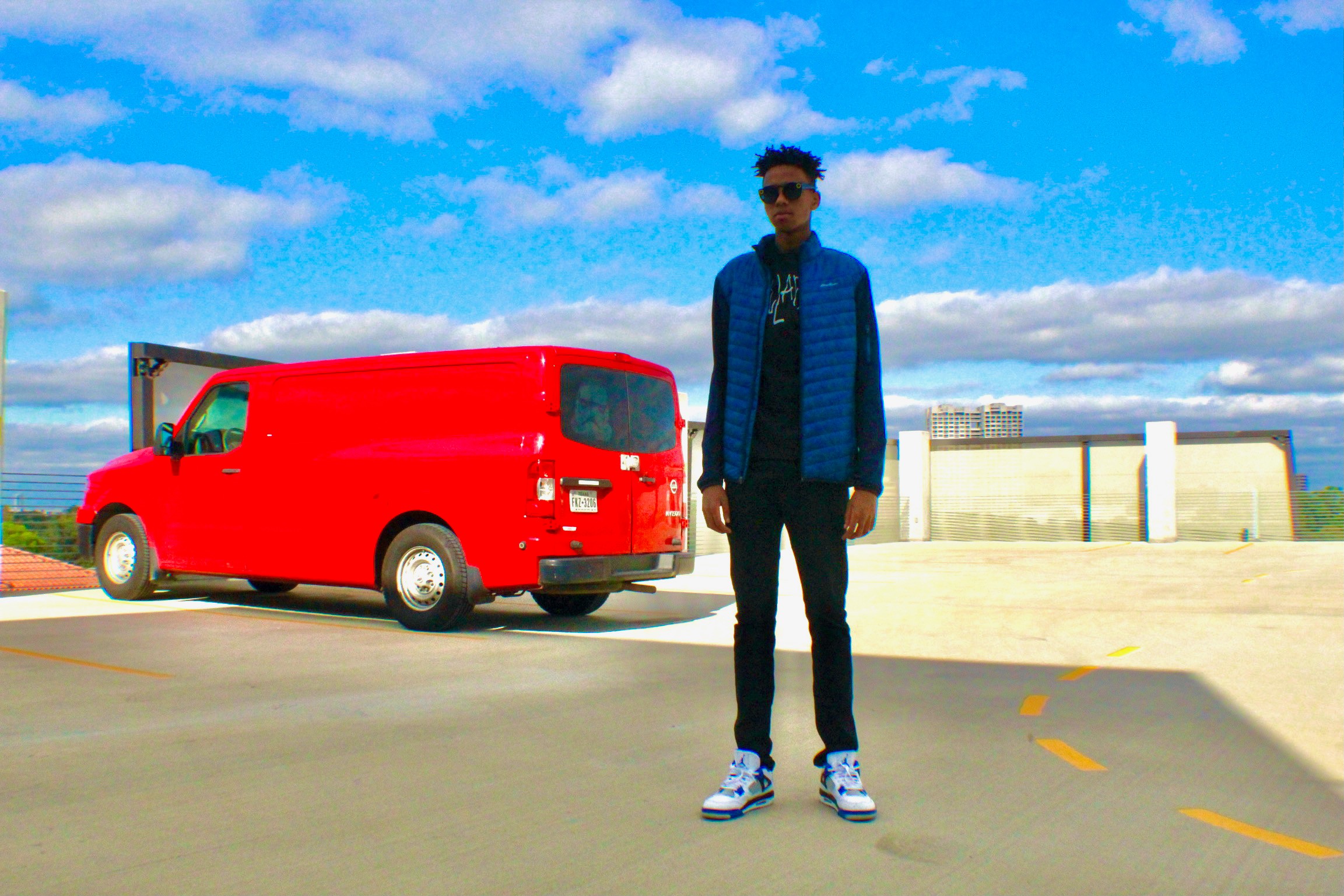

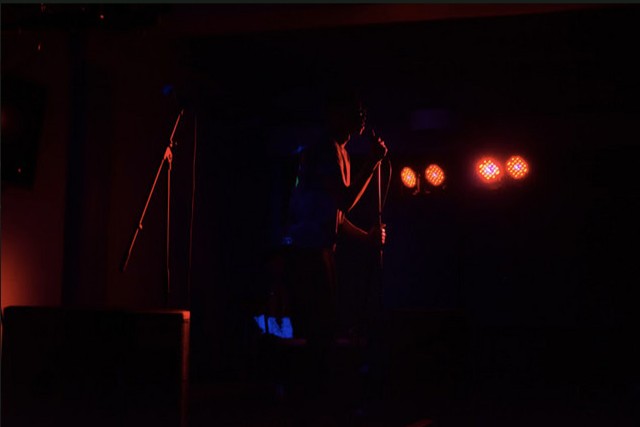
 Image Credits
Image Credits
Mai Ton, Vy Pham, and Jordan Denish












